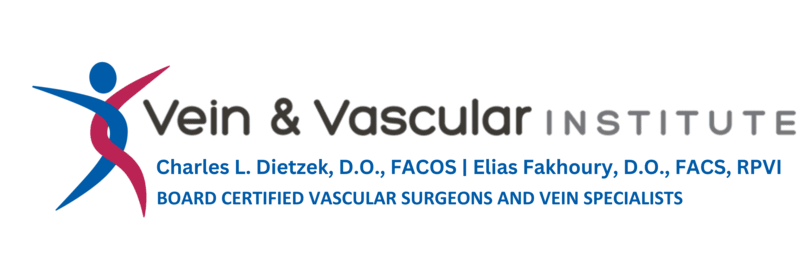Hormonal birth control can assist in family planning, control your menstrual cycle, and even help you manage painful conditions, like polycystic ovarian syndrome and endometriosis. Despite those benefits, you have to weigh the risks, large and small, before choosing your ideal type of birth control. Otherwise, you could get caught off-guard by the side effects, including the potential for the hormones to make leg veins worse.
Table of Contents
ToggleHow Birth Control Affects the Look of Your Leg Veins
Hormonal birth control works by giving your body a daily dose of estrogen and progestin to make it think its pregnant. By tricking your body into thinking there’s a baby onboard, you can better control how your menstrual cycle goes and even skip it altogether.
Unfortunately, there is a big drawback: The very same hormones providing all those benefits are also slowing down blood flow and allowing it to stagnate in your veins. As a result, you face a higher risk of developing spider veins, varicose veins, and blood clots.
Difference Between Varicose and Spider Veins
Without proper blood flow, the valves in your leg veins could suffer damage, causing the veins to change in appearance and lose their normal function. You may also end up at risk of deep vein thrombosis, or blood clots in the veins deep under your skin.
Spider veins often occur first as damage to their structure leaves them visible at the surface. The tiny red and blue lines may start out small before growing into big branches or webs. Beyond detracting from the appearance of your skin, these veins do not usually cause any other symptoms.
Varicose veins, on the other hand, often result in throbbing pain, swelling, and overall discomfort as they develop. These veins twist and bulge outward due to high pressure levels within their structure. In addition to looking unsightly and causing pain, they also increase your risk of developing blood clots.
Will Stopping Birth Control Make These Veins Go Away?
Once the vein damage occurs, stopping birth control will not make varicose or spider veins disappear. The only way to do that is with treatment by a vein specialist. If you have a high risk of developing blood clots, however, then your doctor will likely want to discuss alternative birth control options as well.
Treatments for Leg Veins
Whether you’re diagnosed with spider veins, varicose veins, or any other venous disorder, you have many treatment options to consider, such as:
- Sclerotherapy
- Ultrasound Guided Sclerotherapy
- Microphlebectomy
- ClosureFast
- Clarivein®
- VenaSeal™
- Endovenous Laser Therapy (EVLT)
- Veinwave™
You can explore each one in great detail when you meet our vein physicians in Vineland, Voorhees, Sewell and Lumberton New Jersey. The right vein treatment for you greatly depends on the type and severity of your venous disorder. Your preferences and overall health play a role as well, helping ensure that you’re satisfied with your care.
Contact Your Closest Vein & Vascular Office in New Jersey
If you’re concerned about your vein health, you can schedule a consult at the Vein & Vascular Institute with a call to 856-309-8346. At your visit, your vein specialist will perform a full assessment and help you find the right level of care for your needs. We look forward to helping you manage your health and wellness through the years, so please feel free to call anytime.
